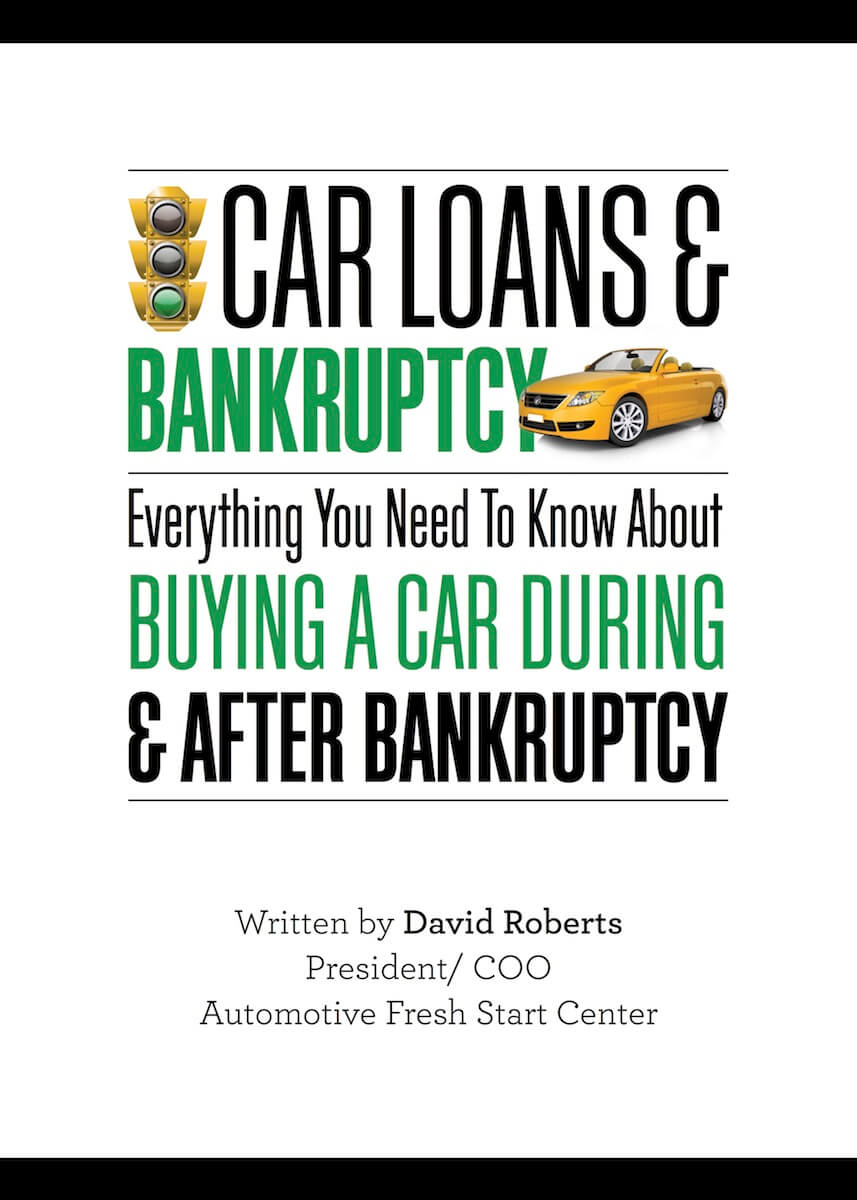REVERSE MORTGAGES AND CHAPTER 13 BANKRUPTCY: HOW TO SAVE YOUR INHERITED HOME
By now, everyone has seen the flood of reverse mortgage advertisements which have appeared on television. Celebrity spokespersons invite you to put a reverse mortgage on your home to pay off your existing mortgage and never make a mortgage payment again if you are over 62 years old. Many of you may have a parent who has taken advantage of a reverse mortgage in order avoid mortgage payments while on a fixed income.
Reverse mortgages are great for eliminating mortgage payments on homestead property, while preserving income during retirement. Generally, a reverse mortgage is not payable until sale of the property or death of the mortgagor. The homeowner is responsible for payment of all taxes and insurance on the property while the reverse mortgage is in place.
So what happens after the death of the homeowner when a reverse mortgage has been taken out against a property? Typically, the lender will allow the heirs a period of time to repay the original principal amount and all accrued interest. Normally, this period of time is a year. The problems come in when the heirs want to keep the home, but cannot qualify for a mortgage to pay off the reverse mortgage. This may be due to credit score issues, lack of equity in the home or if the probate of the home has not been completed.
So what is an heir to do to save the inherited home? Recent Bankruptcy Court cases suggest that Chapter 13 may be a legitimate option. Several recent Chapter 13 cases have dealt with the situation above, i.e. that an heir is trying to save a home they live in and inherited, which is subject to a reverse mortgage. See Fannie Mae v. Griffin (In re Griffin), 489 B.R. 638, 642 (Bankr.D.MD 2013) and cases cited therein.
The above case and the cases cited by the Maryland Court hold that an heir may file a Chapter 13 bankruptcy to protect the home. Since the mortgage has expired and is due and payable in full prior to the end of the Chapter 13 Plan, the home mortgage may be modified to change the balance, interest rate and term of the mortgage. This means that a home on which a reverse mortgage is owed $80,000.00, but is only worth $29,000, may be valued at $29,000.00 by an heir and paid off over the five (5) year term of a Chapter 13 Plan. If the Court approves the Plan, the heir will own the home after 5 years for $29,000.00, with the remainder treated as an unsecured claim.
If you find yourself facing the loss of your inherited property due to a reverse mortgage which has matured, give us a call to discuss your rights. You may be able to save the home through a Chapter 13. You may even be able to strip down the amount owing on the home.
At Mickler & Mickler, we attend Court on a regular basis. We have the experience and knowledge to ensure that you receive the correct advice when confronted with difficult financial decisions related to filing bankruptcy. Contact us at 904.725.0822 orbkmickler@planlaw.com.
Bryan K. Mickler
